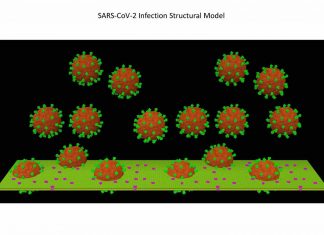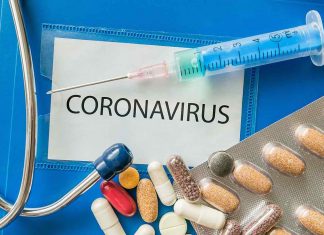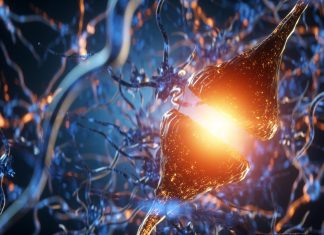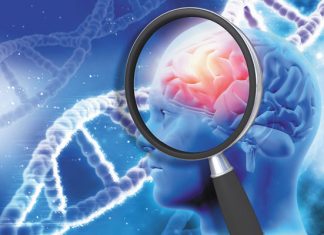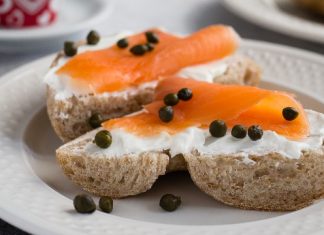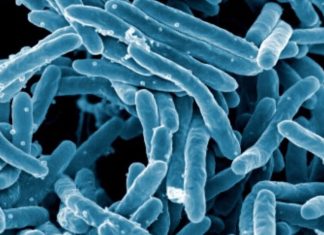Study: Re-engineering antibodies for COVID-19
With millions of COVID-19 cases reported across the globe, people are turning to antibody tests to find out whether they have been exposed to the coronavirus that causes the disease. But what are antibodies?...
Research identifies 21 existing drugs that could treat COVID-19
A Nature study authored by a global team of scientists and led by Sumit Chanda, Ph.D., professor at Sanford Burnham Prebys Medical Discovery Institute, has identified 21 existing drugs that stop the replication of...
Study: “Love hormone” oxytocin could be used to treat cognitive disorders like Alzheimer’s
Alzheimer's disease is a progressive disorder in which the nerve cells (neurons) in a person's brain and the connections among them degenerate slowly, causing severe memory loss, intellectual deficiencies, and deterioration in motor skills...
Study: Genes, cardiovascular health each factor into dementia risk
Genes and cardiovascular health each contribute in an additive way to a person's risk of dementia, U.S. researchers including Sudha Seshadri, MD, and Claudia Satizabal, PhD, of The University of Texas Health Science Center...
Research helps to settle debate on roles of REM and non-REM sleep in visual...
Which sleep stage is most important for learning: REM or non-REM? Does sleep improve learning by enhancing skills while people snooze, or by cementing those skills in the brain so that they're less likely...
Study: Women taking menopausal hormone therapy may be more resistant to urine infections
In the first analysis of its kind, US-based doctors have shown that women who take menopausal hormone therapy (MHT, also known as HRT) have a greater variety of beneficial bacteria in their urine, possibly...
Study: Pickled capers activate proteins important for human brain and heart health
A compound commonly found in pickled capers has been shown to activate proteins required for normal human brain and heart activity, and may even lead to future therapies for the treatment of epilepsy and...
Scientists develop software to find drug-resistant bacteria
The program could make it easier to identify the deadly antimicrobial resistant bacteria that exist in the environment. Such microbes annually cause more than 2.8 million difficult-to-treat pneumonia, bloodstream and other infections and 35,000...
Study: One-time treatment generates new neurons, eliminates Parkinson’s disease in mice
Xiang-Dong Fu, PhD, has never been more excited about something in his entire career. He has long studied the basic biology of RNA, a genetic cousin of DNA, and the proteins that bind it....
Study: Receptor makes mice strong and slim
Increasing abdominal girth and shrinking muscles are two common side effects of aging. Researchers at the University of Bonn have discovered a receptor in mice that regulates both effects. Experiments with human cell cultures...

